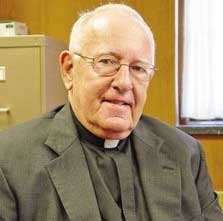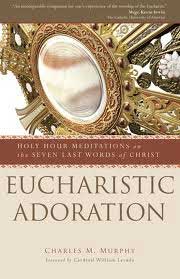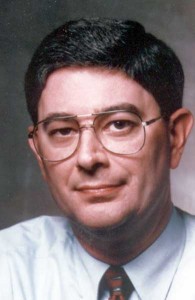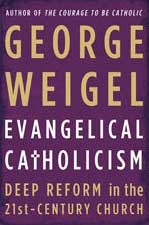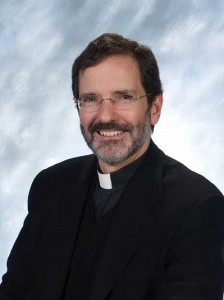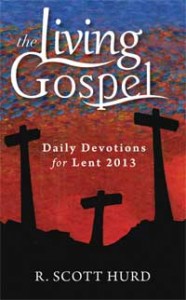Podcast: Play in new window | Download (Duration: 29:05 — 26.6MB) | Embed
Subscribe: Apple Podcasts | Spotify | Amazon Music | Android | Pandora | iHeartRadio | JioSaavn | Podchaser | Gaana | Podcast Index | Email | TuneIn | Deezer | Anghami | RSS | More
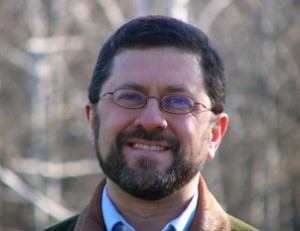
Mike Aquilina offers the compelling story of the St. Perpetua and her great friend and sister in the faith, St. Felicity.
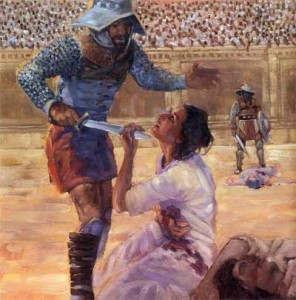 From CNA:
From CNA:
Saints Perpetua and Felicity were martyrs who died for the faith around the year 203.
St. Perpetua was a young, well-educated, noblewoman and mother living in the city of Carthage in North Africa. Her mother was a Christian and her father was a pagan. In terms of her faith, Perpetua followed the example of her mother. Despite the pleas of her father to deny her faith, Perpetua did the very opposite, and fearlessly proclaimed it. At the age of 22, she was imprisoned for her faith. While in prison she continued to care for her infant child and put up with the tortures designed to make her renounce her faith. Perpetua remained steadfast until the end. St. Perpetua was sacrificed at the games as a public spectacle for not renouncing her faith.
St. Felicity was a pregnant slave girl who was imprisoned with St. Perpetua. Little is known about the life of St. Felicity because, unlike Perpetua, she did not keep a diary of her life. After imprisonment and torture, Felicity was also condemned to die at the games. Only a few days before her execution, Felicity gave birth to a daughter who was secretly taken away to be cared for by some of the Faithful.The feast of these Saints is March 7.

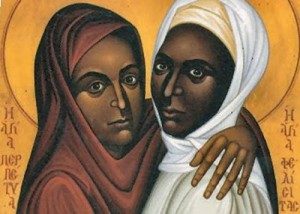
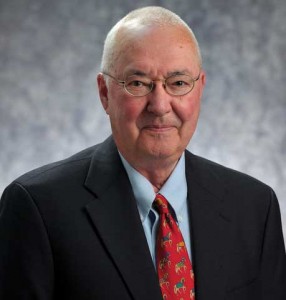
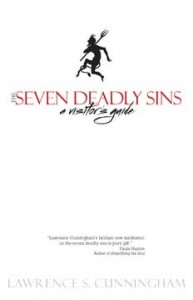
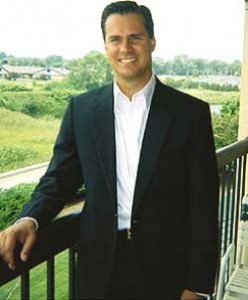
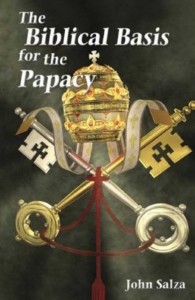
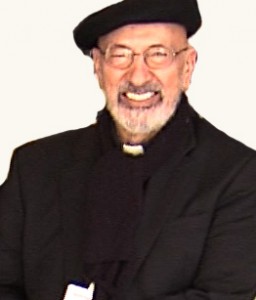


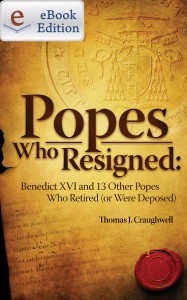
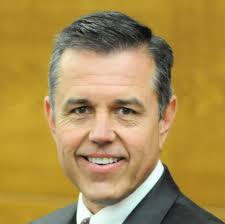
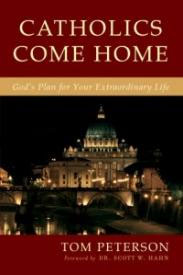

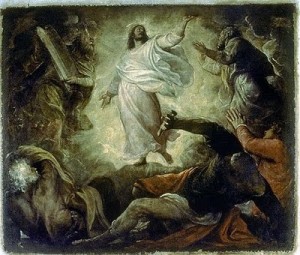 As they were about to part from him,
As they were about to part from him,